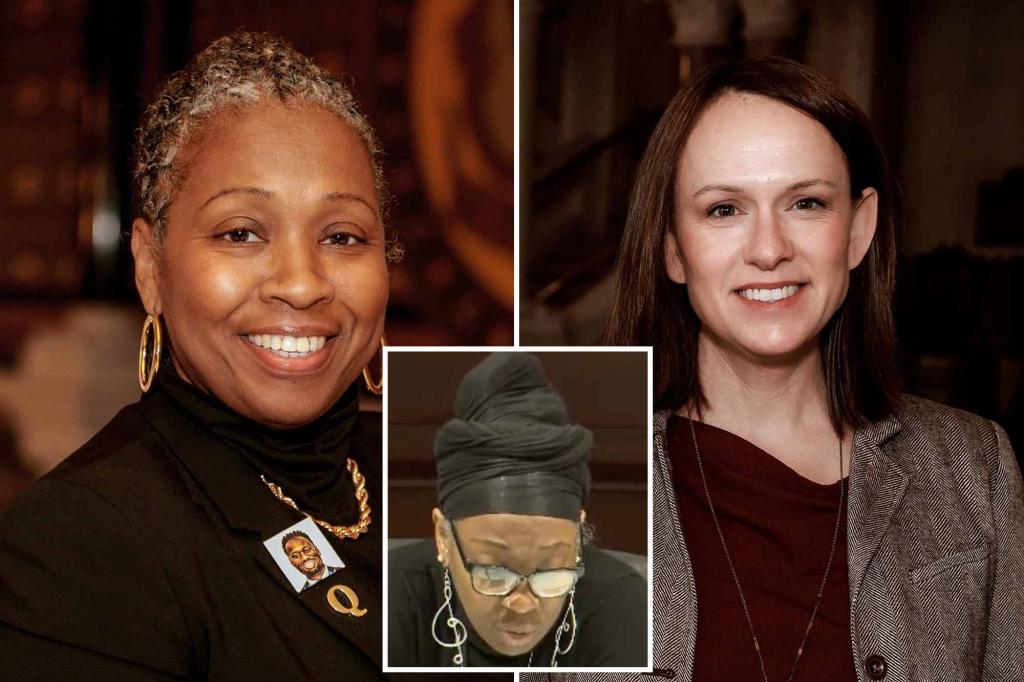Connecticut Democrat Rep. Robyn Porter successfully argued to add the term “expectant mothers” to a state bill that initially referred to “pregnant persons.” She expressed her identity as a mother and grandmother and did not want to be referred to by other terms. The bill was related to state funding for mental health resources for children under six and their caregivers. Following a 35-minute debate, Porter’s proposed change passed with a vote of 32-16, with support from Republicans and the Democratic Party’s Black and Puerto Rican Caucus. She emphasized the importance of inclusivity, diversity, and equity while addressing the significance of being called a mother.
There was opposition to Porter’s stance from some legislators, including Rep. Jillian Gilchrest, who argued that “pregnant person” was the more inclusive term as it encompassed expectant mothers and pregnant women. However, many other lawmakers voiced their support for Porter’s viewpoint. They emphasized the cultural and personal significance of being called a mother, with Rep. Geraldo Reyes mentioning the sacredness of motherhood in Puerto Rican culture. Rep. Minnie Gonzalez also expressed her support for Porter’s stance, highlighting the importance of defending everyone’s rights, including the right to be identified as a mother.
The debate around the term “expectant mothers” highlighted the tensions between inclusive language and personal identity. Some lawmakers, including Rep. Anthony Nolan, emphasized the cultural importance of the term “mother” in Black culture and the need to respect and acknowledge this identity. Despite concerns from the opposition, Porter and her supporters insisted that the change to the bill was a “friendly amendment” that aimed to represent those who identified as mothers and preferred that term. Porter’s office did not immediately respond to requests for comment, indicating that the issue may continue to be a point of contention among legislators.
The debate over the use of language in the bill brought up deeper questions about representation, identity, and the balance between inclusivity and personal preference. Porter’s insistence on being referred to as a mother reflected her strong connection to that term and her resistance to being labeled differently. The differing perspectives among legislators, as well as the expressions of cultural significance and personal rights, added complexity to the discussion. Despite the passionate arguments on both sides, it was clear that the issue was deeply important to many of the lawmakers involved.
The debate also underscored the challenges of navigating language and identity in a diverse and evolving society. While some legislators advocated for inclusive and gender-neutral language, others emphasized the importance of honoring cultural traditions and personal identities. The clash of these perspectives highlighted the ongoing tensions around issues of representation and recognition. Ultimately, the decision to add the term “expectant mothers” to the bill reflected an effort to balance these competing concerns and acknowledge the diversity of experiences and perspectives within the legislative body. The debate served as a reminder of the complexities inherent in language, identity, and inclusivity, and the ongoing efforts to navigate these complexities in policymaking and public discourse.


